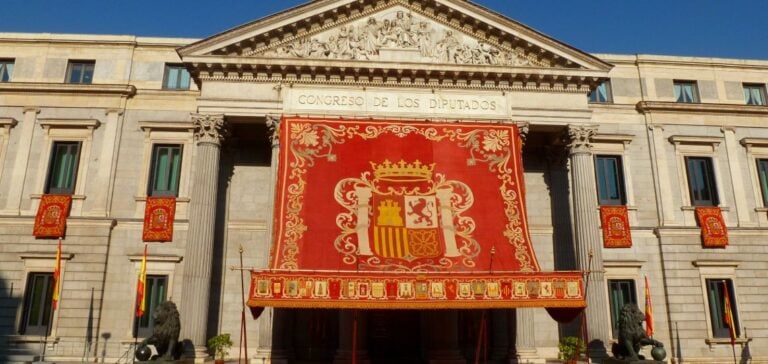The Spanish government has made an initial payment as part of an international arbitration case, settling a 2021 judgment related to changes in tax incentives for renewable energy investors. The arbitration decision had been awarded in favour of Blasket Renewable Investments, an entity that had acquired claims against the Spanish state. According to U.S. court documents, the company confirmed before a federal court that the payment had been fully executed.
A dispute stemming from budget reforms
In 2007, Spain implemented a system of guaranteed feed-in tariffs to attract investment in renewable energy. This scheme was removed in 2011 as part of fiscal adjustment measures, leading to legal action from multiple international investors. The International Centre for Settlement of Investment Disputes (ICSID), part of the World Bank, ordered Spain to pay €23.5mn ($26.8mn), with interest accruing until full payment.
Blasket Renewable Investments’ lead counsel, Matthew D. McGill, welcomed the decision in a statement sent to Bloomberg News on June 4. “The Spanish government must now acknowledge that the other awards rendered against it will also be enforced in the relevant jurisdictions,” he said.
Madrid challenges non-EU payment principle
A spokesperson for the Spanish government stated that the payment does not represent a shift in policy. “This situation is completely exceptional. Spain maintains its policy of defending national interests and will continue litigation,” the official said. The government maintains that arbitration-based payments may be considered illegal state aid under European Union law, except in cases outside the EU jurisdiction.
Spanish authorities also noted that their litigation strategy had led to an 85% reduction in total claims, with nine favourable rulings, several annulments, and dismissals obtained.
Risks to Spanish assets abroad
Since 2023, Spain’s creditors have obtained several U.S. court decisions authorising the seizure of Spanish commercial assets abroad, as part of efforts to enforce arbitral awards. Until recently, Madrid had refused to make any payments, citing legal concerns and potential EU law violations.
No public comment has been issued by the Ministry for the Ecological Transition and the Demographic Challenge. Blasket Renewable Investments remains involved in multiple similar proceedings to enforce other pending arbitral rulings against the Spanish state.






















